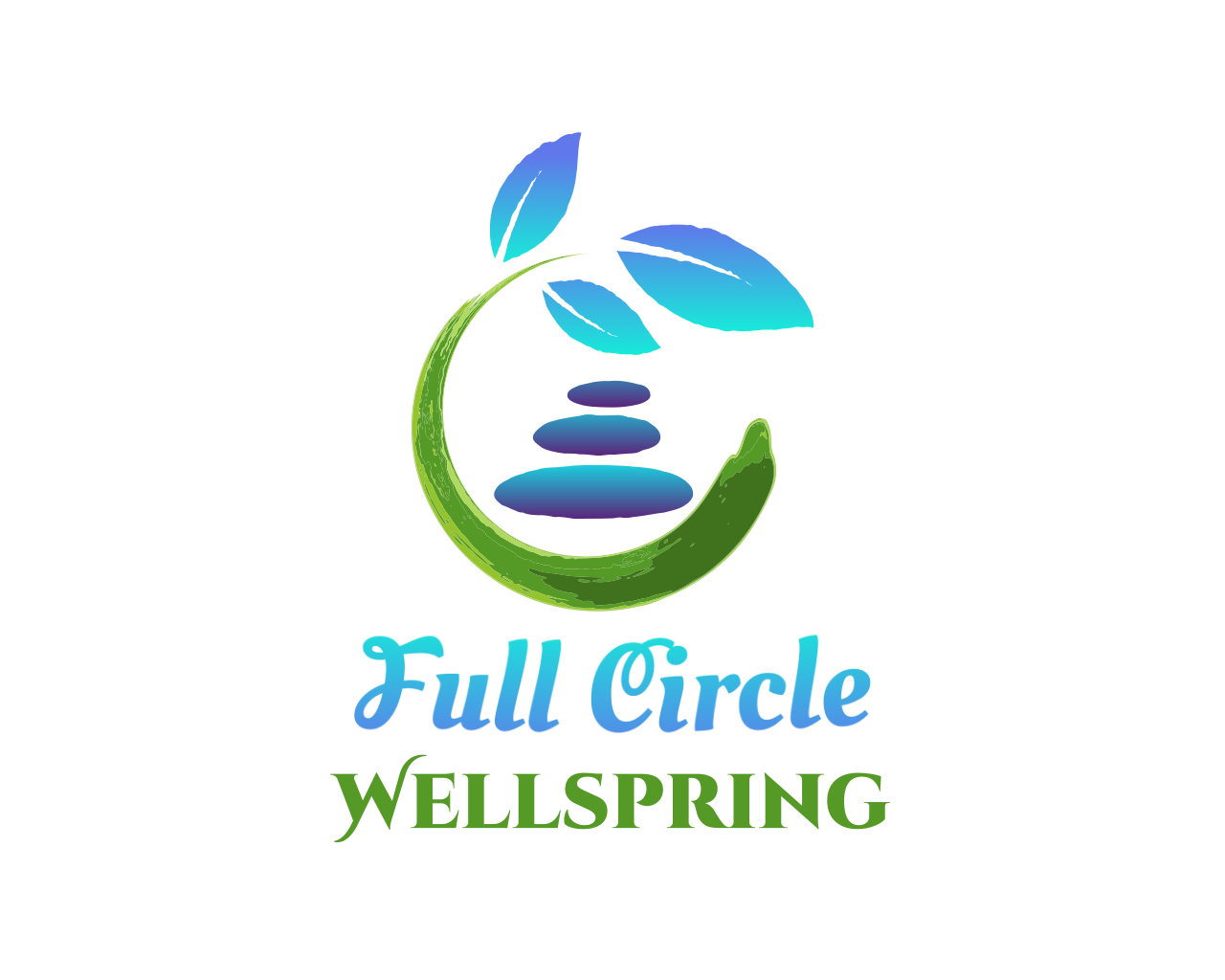Mindful Mondays|Week 20: Thinking
Author Note: If you prefer to listen or watch instead of or along with -
Check out the YouTube video and/or the Podcast audio.
The mind is a complex place. The brain is made up of billions of nerve cells. The brain loves to think and work on our behalf. Even when we think we have stopped “thoughts”, the brain never actually completely stops doing what it needs to do. Beyond thinking, the brain is responsible for memory, the five senses, emotions, and all the regulation of our entire body. If the computer system breaks down, everything falls apart. So we can honor our brain by allowing thought. Channeling ideas, using thinking when most needed, calming the reacting parts, and staying on top of looping thought patterns is where mindfulness is helpful. We will never actually stop thinking, so trying to do so will only bring frustration and more worry. Meditation is about not resisting the brain’s magical thinking powers. It’s about allowing whatever is there to be there, acknowledging it, and then redirecting. This process, over and over and over again, is a mindfulness practice. That’s where you’ve found yourself today. Let’s give this a try.
Find a comfortable, quiet, relaxed space where you won’t be distracted. Take a cleansing breath. Close your eyes when you are ready. You are now inside the blank space of your mind where anything can happen.
You may notice sensations in your body, the urge to get up and jiggle around, feeling too hot or too cold, hunger, thirst, rapid fire thoughts, worries, a sense of panic, boredom, arousal, decompression from the day, coordination of your schedule, the long to-do list, fears, old grief from losing a loved one, or anything else the mind can think of to distract you. First thing to do here is to be okay with any and all of those things I just listed. Recognize this is the brain’s job. We are not going to try to stop the brain’s activity. We aren’t going to try to take away its magical powers.
Ground down into the seat below you and start to find a place in your body where you most feel your ever-constant breath. The cool air in the nostrils, the upper lip as warm exhales pass by, your chest or belly rising, or your rib cage expanding. We’ll call that the breath anchor. Stay with this focus point for as long as you can. When you get lost in a feeling, emotion, sensation, worry, thought, story, fantasy, or anything that’s outside of the focus on the breath, just recognize it. You can even tell yourself “There went my brain, working hard again.” Then gently, without judgment, just come back to the breath.
***
Did you get swept away downstream with the ever-so-long list of things you ‘should’ be doing? Did your body convince you to start scratching an itch? Are you planning your future child’s wedding again? All that is fine. Just come back. “That’s just my brain doing a good job,” you can say. Focus back on the breath and just stay with it as long as you can.
***
Where is your mind right now? Were you able to stay anchored a little longer this time? Did your brain come back in to do more of its good work? Great! Thank it, and then patiently return its focus on your breath and just breathe.
***
Each time you find yourself floating away like a feather, that’s the practice we call mindfulness. Congratulate yourself for noticing you got lost in thought, and then come on back. That’s how we strengthen the brain’s mindfulness capacity, over and over again. Let’s keep going for just another moment.
***
You did a great job today. Your brain went on thinking, as it does, and you kept on bringing it back, like a great guru of mindfulness. Be proud of the work you put in and continue bringing yourself back to the present moment throughout the day whenever you notice that your brain has taken over again. Nothing here to be upset about; the brain just loves to think. Allow it; acknowledge it. Be mindful of it as you move kindly back into your day. That’s the practice, and you did amazing work. Until next time, be well, survivors.

